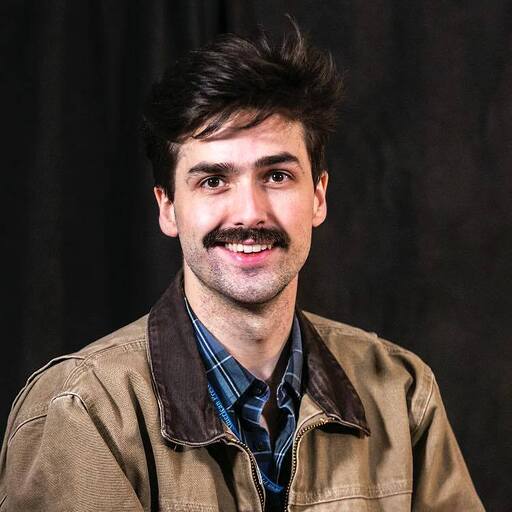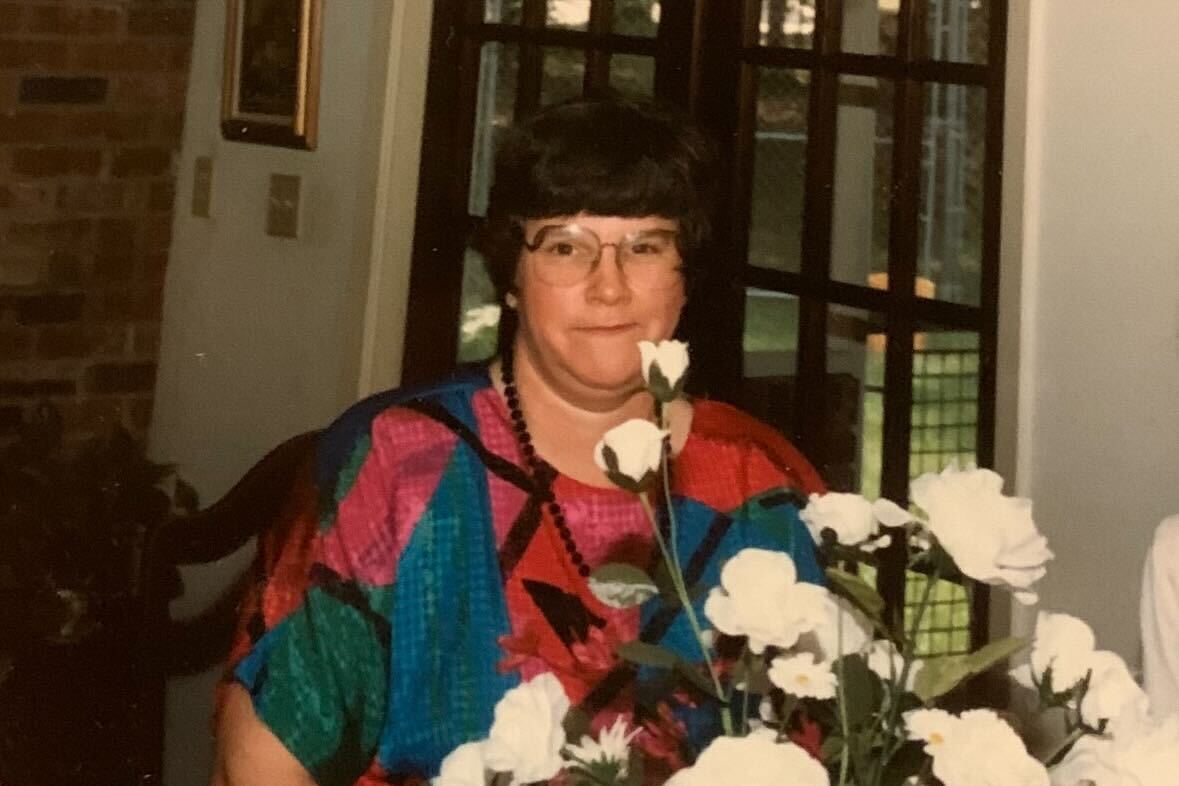
Photo via the author
Iowa Starting Line is launching “The Hot Spot: Investigating Cancer in Iowa,” a comprehensive look at why our state’s cancer rates are rising. Why? Because the human cost is undeniable.
My grandmother Mary Jane died in 2005, her lungs destroyed by decades of cigarette smoke. When my dad was deployed to Iraq, she more or less raised me. And so when cancer finally took her life, I took it hard.
Her death had been a long time coming. And that meant the weeks before were spent in the same circuit: the long drive to an out-of-town hospital. The cool plastic touch of a hotel air conditioner. And the sense—always—that in those moments at her bedside, we were never able to say what we needed to.
Lung cancer is a predictable end for a smoker. When she was rushed to a hospital, everyone knew what was going on. I was a product of the 90s “Reject All Tobacco” campaigns. Part of those had me going home to shame my grandmother about her Marlboros. And I remember the clarity I had about her smoking. It’s going to give you cancer. And in the end, it did.
This fall, I’m going to become a father—a girl. And among the spiraling worries that wake me at night, I find myself thinking a lot about Iowa’s rising cancer rates.
Each year, the Iowa Cancer Registry issues a new report. A kind of state-of-the-state on the disease. And over the years, it’s gotten worse.
Iowa has the second-highest cancer rate in the United States. It’s one of only two states where the rate of cancer is continuing to rise. More than one in 20 people in Iowa has had a diagnosis of cancer.
RELATED: What is behind Iowa’s cancer crisis?
I had a coworker call me once. She’d been reporting in the state for years. She’d just gotten done managing her mother’s cancer diagnosis when she was assigned to report on the Iowa Cancer Registry’s newest report. She called me in tears, wondering which side of the statistic she’d be on.
Today, I’m unpacking a bassinet that will go in my daughter’s bedroom. And I’m wondering which side of the statistic I will be on. I’m wondering—and I say this with all the love of this place that I have—what health decisions I’m making for my daughter by raising her here.
This isn’t just cigarettes anymore. It’s the water we drink, the air we breathe, and the chemicals that surround us in ways my grandmother never could have imagined. It’s about a state where three out of four homes have dangerous levels of radon, where thousands of wells contain nitrates which are linked to cancer, and where we use more pesticides per square mile than almost anywhere else in the country.
It’s important to say up front that no one force fully explains why so many Iowans are getting cancer. That’s just not how cancer works. But to understand the growth, you have to dig into a confluence of environmental contamination, policy failures, and systemic healthcare gaps that together create what Des Moines oncologist Dr. Richard Deming called “a bath of agricultural chemicals” stretching across the state.
My grandmother Marie Jane made a choice to smoke, and that choice cost her decades of life. Decades I still wish I had with her. Today, Iowans face cancer risks they never chose—risks that seep into our groundwater, drift through our air, and accumulate in our bodies without our knowledge or consent. That feels fundamentally different and fundamentally unfair.
This is why Iowa Starting Line is launching “The Hot Spot: Investigating Cancer in Iowa,” a comprehensive look at why our state stands alone in its rising cancer rates. Over the coming weeks, we will dig into the environmental factors, the policy failures, and the systemic issues that have created Iowa’s cancer crisis. We’ll investigate everything from agricultural chemical use to radon exposure to healthcare access barriers in rural areas.
But this series isn’t just about problems. One of Iowa’s great reporters, Tony Leys, told me recently that the best thing health care reporting can do is tell people what they can do about the problems you investigate. We’ll examine what other agricultural states have done to protect public health while maintaining productive farming economies. We’ll spotlight the researchers, advocates, and everyday Iowans who are fighting for change. And we’ll provide practical information about cancer screening, water testing, and ways individuals can reduce their risk.
Most importantly, we’ll center the human stories behind these statistics. Every cancer case represents someone’s grandmother, parent, spouse, or child. These aren’t just numbers on a chart—they’re Iowans whose lives have been cut short or forever changed.
I think about Marie Jane often as I work on this project. She lived in an era when Philip Morris International suppressed the science about smoking causing cancer. We didn’t fully understand the health consequences of our choices and our policies then. And to some extent, I wonder if we do now.
I want to be clear: The project will not show how X or Y is responsible for Iowa’s cancer rates. We will instead try to decode the myriad environmental factors and regulatory failures that created this crisis. Because while the answer is not simple, the evidence is mounting; the human cost undeniable.
My child will grow up in Iowa, and I want them to inherit a state that prioritizes their health over corporate profits, their future over short-term convenience. That’s going to require uncomfortable conversations about how we farm, what we allow in our environment, and whether we’re willing to make the policy changes necessary to protect the next generation.
I want every Iowan to have the chance to see their grandchildren grow up, to celebrate more birthdays, to live full lives in the state they love. Making that possible will take all of us—readers, policymakers, farmers, business leaders, and advocates—working together to build a healthier Iowa.
The stakes couldn’t be higher. Our children’s lives may literally depend on what we do next.
Support Our Cause
Thank you for taking the time to read our work. Before you go, we hope you'll consider supporting our values-driven journalism, which has always strived to make clear what's really at stake for Iowans and our future.
Since day one, our goal here at Iowa Starting Line has always been to empower people across the state with fact-based news and information. We believe that when people are armed with knowledge about what's happening in their local, state, and federal governments—including who is working on their behalf and who is actively trying to block efforts aimed at improving the daily lives of Iowan families—they will be inspired to become civically engaged.

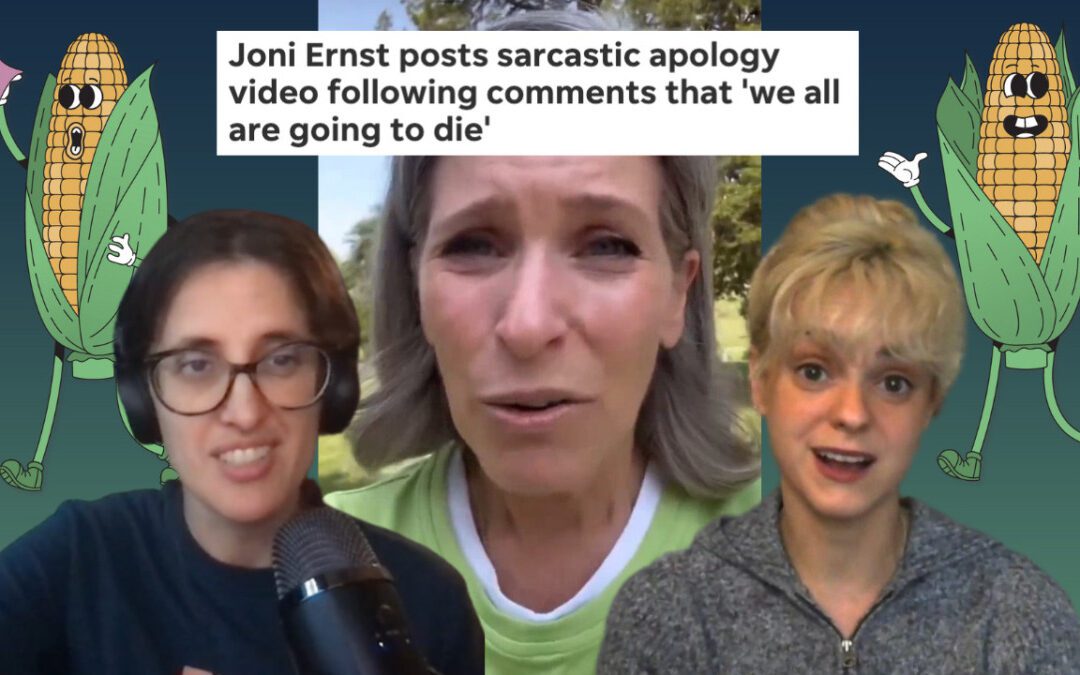
The woman who prompted Ernst’s ‘We’re all going to die’ remark is running for Iowa House
The woman who told Sen. Joni Ernst that "people will die" if she votes to cut Medicaid said the senator's mock apology a day later was "deeply...

15 fascinating facts about Iowa-born John Wayne on his birthday
Discover 15 fascinating fun facts about Iowa's Western treasure, the one and only John Wayne. Move over cornfields and state fairs, Iowa’s got...
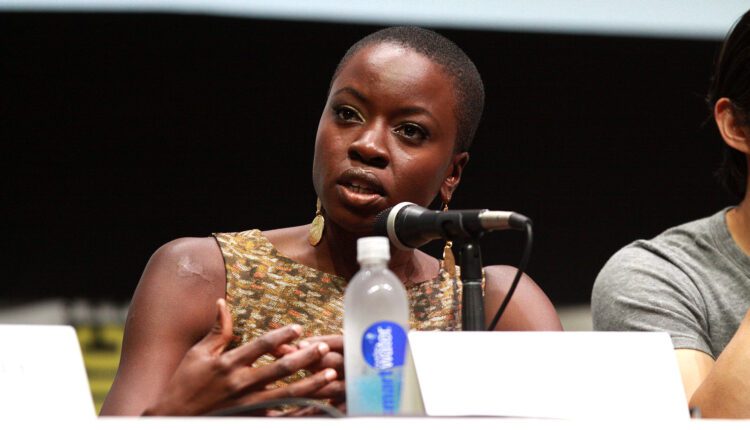
8 activists from Iowa who changed the game
Iowa has a rich history of activism that dates back centuries. Check out these eight heroes who have fought for all types of underrepresented...
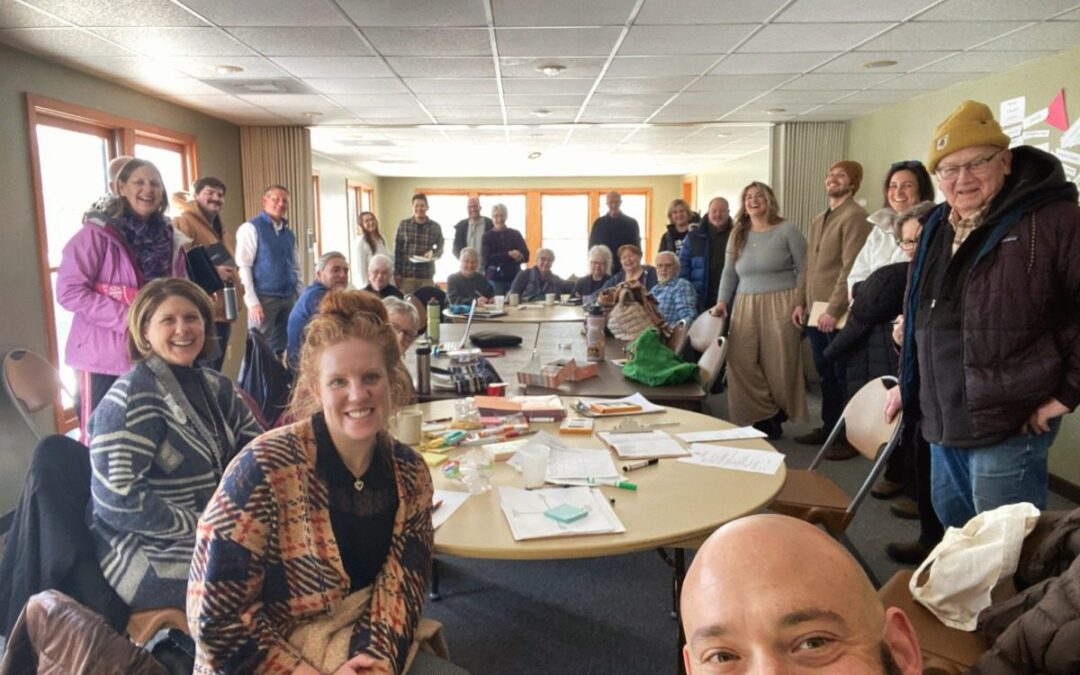
In Walworth County, neighbors rallied for rides—and rediscovered what it means to be a community
When I was a new mom, I wanted nothing more than to move out into the countryside with my baby. I had been raised in mostly rural places and have...

10 facts about Cedar Rapids native Elijah Wood on his birthday
Elijah Wood is one of Eastern Iowa’s connections to Hollywood. Here are 10 compelling facts about the famous Iowan: The 5-foot 6-inch actor with...
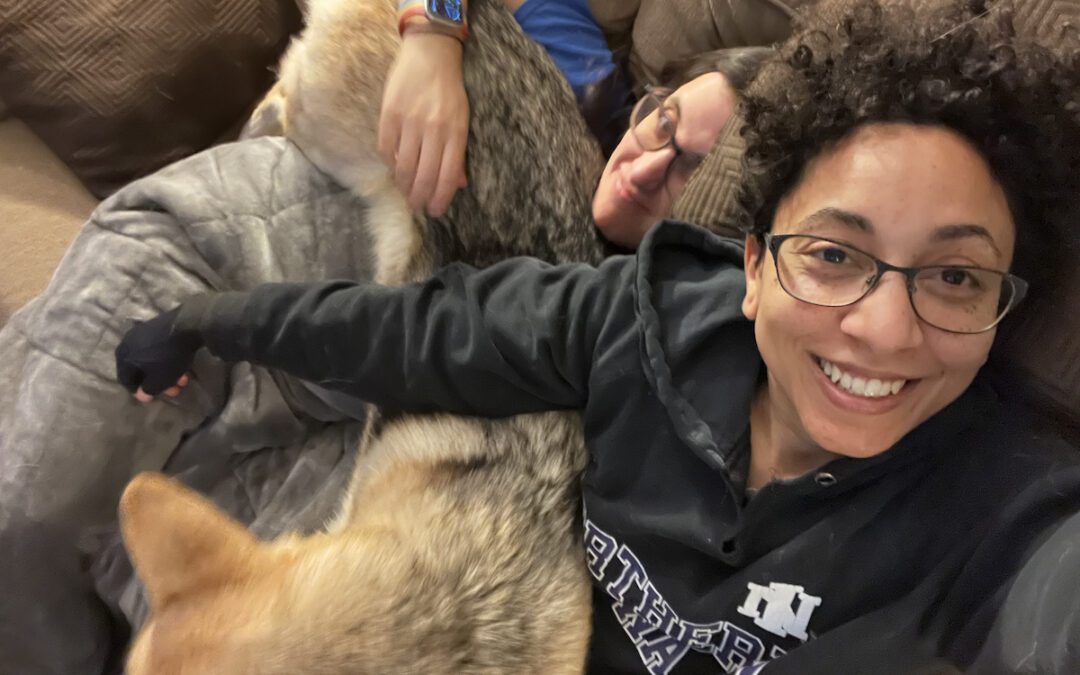
‘This is what grief has looked like for me’—ISL editor opens up about spouse’s death
I am writing about grief, because right now it is the only thing I can write about. And fair warning—particularly if you’ve lost someone to...


